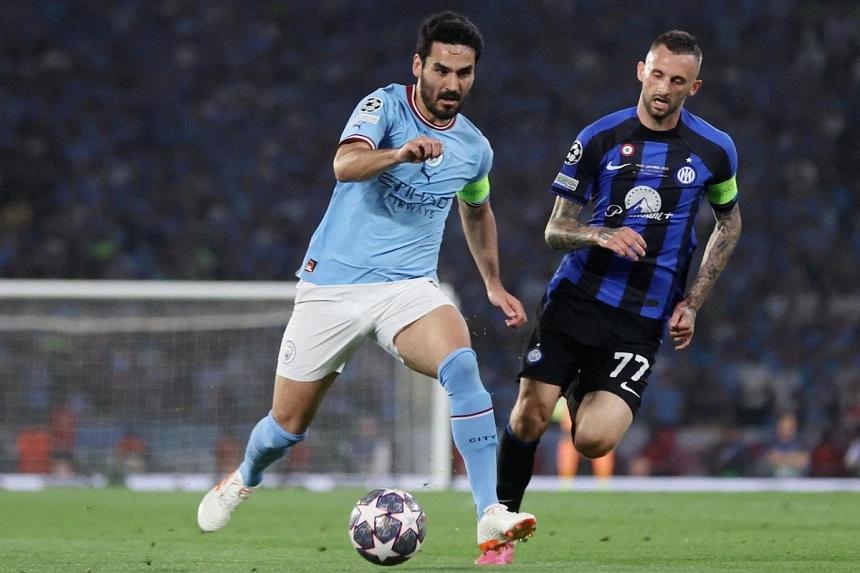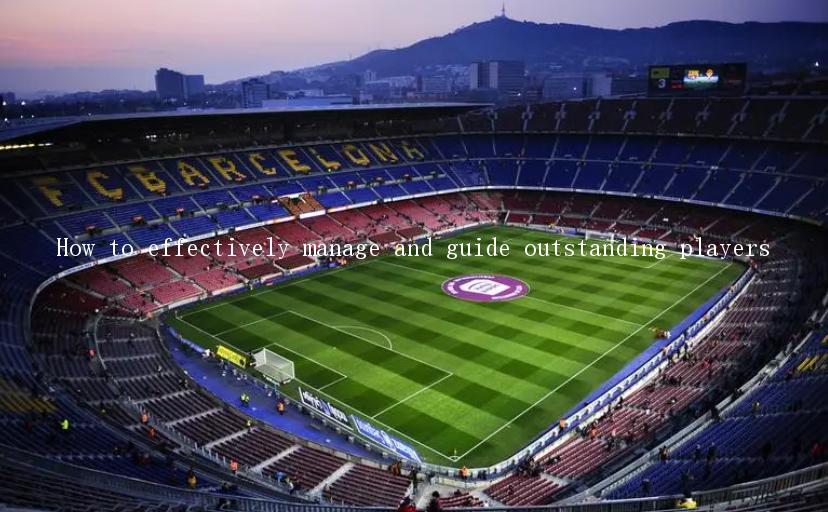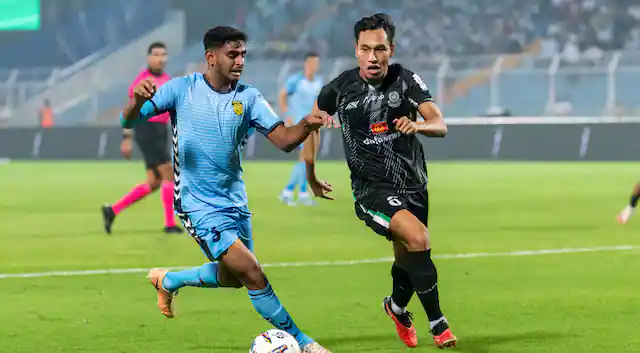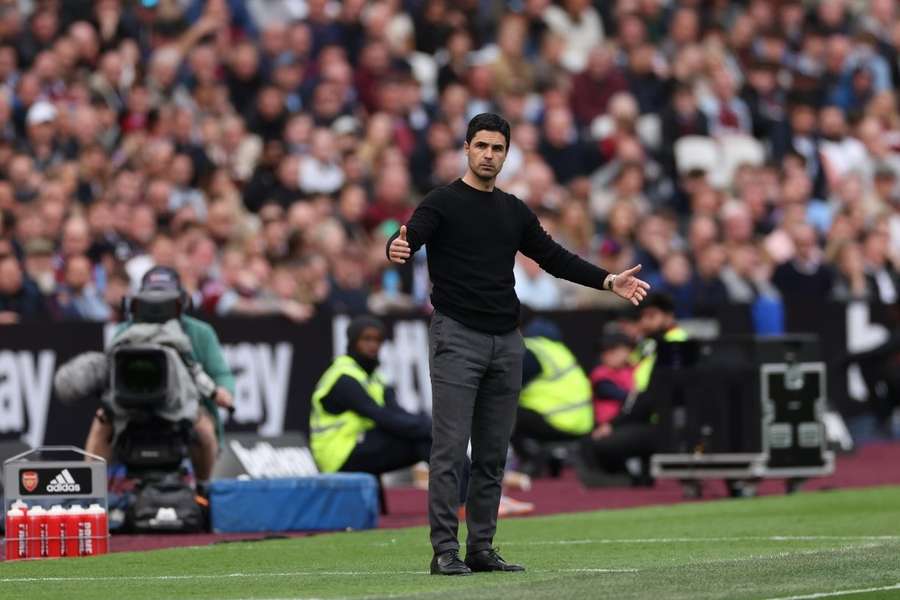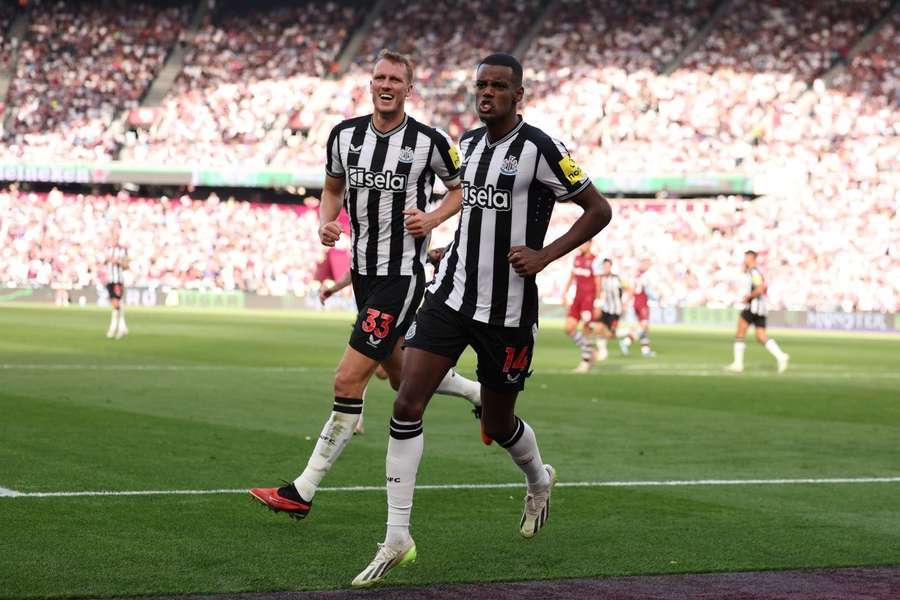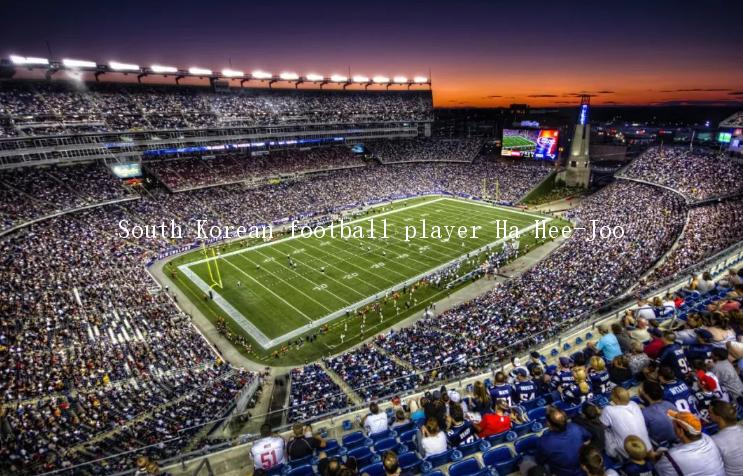Diversity will enhance Premier League refereeing, states Howard Webb

The head of referees, Howard Webb, acknowledges that there is a lack of diversity in elite refereeing, but assures that improvements are on the horizon. He believes that as the pool of potential referees grows, the quality of officiating will also rise.
Last season saw significant milestones hit in Premier League refereeing. Rebecca Welch became the first woman to take charge of a game and Sunny Singh Gill became the first British South Asian, while Sam Allison became the second Black referee of a top-flight game.
Former referee, now chief refereeing officer at PGMOL Webb, said although it is important to highlight individual success, there must be caution not to put pressure on some of the most watched individuals in football.
Speaking at BAMREF’s annual conference, the organisation aiming to increase representation within all levels of the game from Black, Asian & Mixed Heritage Referees, Webb said a collection of officials from different backgrounds will improve the industry.
“It’s kind of unfair, that when you see Sunny, Sam or Rebecca going onto that field to take charge of the first or second Premier League game, they are in some ways taking the hopes of a whole community onto that field with them,” Webb told News.
Trending“That’s not fair because we all know that games can go well or not so well for any individual referee.
“It’s a big moment when you take charge of your first Premier League game. It’s a nerve-racking moment for you as an individual, your family, and potentially even more so for some of the officials who have come from historically underrepresented communities.
“The way they performed was really great and a credit to their professionalism. I’m looking forward to seeing more of the same happen this coming season.
“First and foremost, on my side, I need to see them as referees. I need to see them for the quality officials that they are. They earn those opportunities through the performances that they put in.”
The competition to make it to the top of refereeing is tough.
Premier League matches are officiated by ‘Select Group’ and ‘Development Group’ referees and assistant referees.
Currently, there are 21 referees in the highest select group, ‘Select Group 1’.
For the upcoming season, one referee saw promotion to Select Group 1 in the form of Sam Barrott who took charge of 15 Premier League matches last season.
The PGMOL sees this as an example of a more fluid pathway than in previous years, aiming to reward high-performing referees.
“People are impatient, they want to move quickly through, but it’s our job to make sure they move through at the right pace that suits their experience, their ability, their own development,” said Webb.
“Undoubtedly this season coming up we’ll see more opportunities for people to be exposed to Premier League games in development games and that will include some of the people that we saw last season.
“We identify the ones who we think are ready for those development opportunities at the next stage.
“We’ve seen in the last 12 months, talented referees being given opportunities at the highest level of the game within the Premier League.
“I’m really proud of the way that they delivered on that stage.
“They [BAMREF] are rightly holding us to account in terms of ensuring that opportunities are there from any background.
“We benefit as well by providing opportunities. There’s talent all over the place for good referees to come through.”
The opportunities to officiate in the Premier League and a less structured pathway to the top are key signs of progression according to PGMOL's Equality, Diversity and Inclusion manager Arran Williams.
“If you go back to previous seasons, you look at the men's pathway refereeing structure, it's very elongated, it's quite a long and intensive process and I've experienced that myself as a referee now for 13 years,” said Williams.
“Ultimately there are only so many spaces as you move up the pyramid but what we've got to do is make sure that these people that we want are in the best place to step up and be ready to move up when that time comes.”
BAMREF, set up in 2019 by referees Joel Mannix and Aji Ajibola, continues to see their vision grow. Anfield this summer was preceded by conferences at Wembley and Villa Park in previous years
Through the FA’s Reflective and Representative campaign, the percentage of Black, Asian and Mixed Heritage referees that make up the country’s pool has gone from 5.5 per cent to 9.4 per cent.
Over 200 officials from all different levels and locations turned up in Liverpool to hear the stories of Allison and Gill, still trying to achieve full-time status as Premier League referees.
“We try to strike a right balance between highlighting the success that they’re having, which will inspire others, but alongside that, making sure we don’t increase that pressure that’s already there,” said Webb.
“So having those conversations about how we should approach that is fundamentally important as we make the appointment and then in the days leading up to those appointments.”
Before Allison took charge of Sheffield United vs Luton last season, Uriah Rennie had been the Premier League’s only Black referee.
It would be 15 years after Rennie retired that Allison would become the second, such a gap you imagine won’t exist again.
“I've been to two BAMREF conferences, one at Wembley last season and the one here at Anfield,” said Webb.
“The first feeling you get at these events is the passion for the game, the devotion. A dedication towards officiating the game and a real desire to learn, get better, develop and then with that the real hunger for opportunities to be created.
“As a leader in the game, I understand my responsibility in that respect. I want to ensure that the dedication and commitment that these officials are putting into their game to make them better is rewarded when that translates into quality.”
The BAMREF conference offered an opportunity for referees of all backgrounds to come and share their experiences of life in the middle of the pitch.
An all-female panel shared their stories and challenges of officiating, a new mentoring initiative in conjunction with the FA was announced and referees from all levels of the game were celebrated.
It’s an occasion that left its mark on Webb.
“It's our job to identify talent and then support it through those development opportunities. And then we win as an organisation because I'm always looking for quality,” said Webb.
“It's our job to continually increase the talent pool that we have available within the professional game.
“So if we are making officiating more appealing by breaking down some barriers and by reaching out to communities, in areas where traditionally, people have not thought it might be for them; and we're able to look at the quality that exists from those communities, in some tremendous role models, then it makes that job a little bit easier I guess.
“But we win because we have access to a greater talent pool and I think we'll see more and more people coming through from traditionally untapped communities.
“They’re talking in this conference about ‘if you can see it, you can be it’, and I hear that a lot. It's true that when I started refereeing most referees looked like me, came from my community and therefore it seemed like a thing for me to get into.
“I want it to be a normal thing for anybody to get into because they can see it's possible no matter what your background is.”
RELATED STORIES

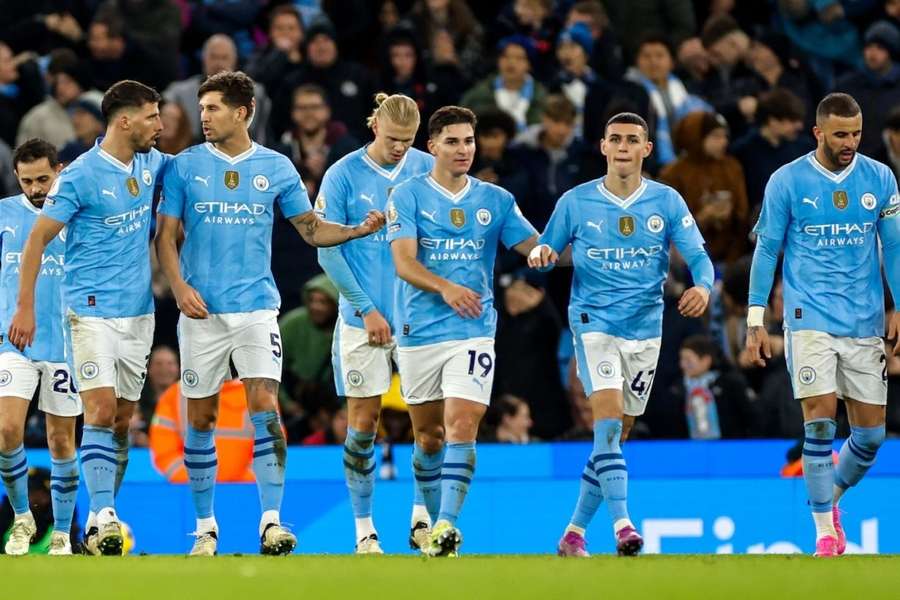
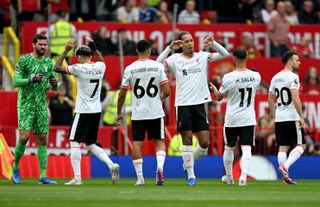

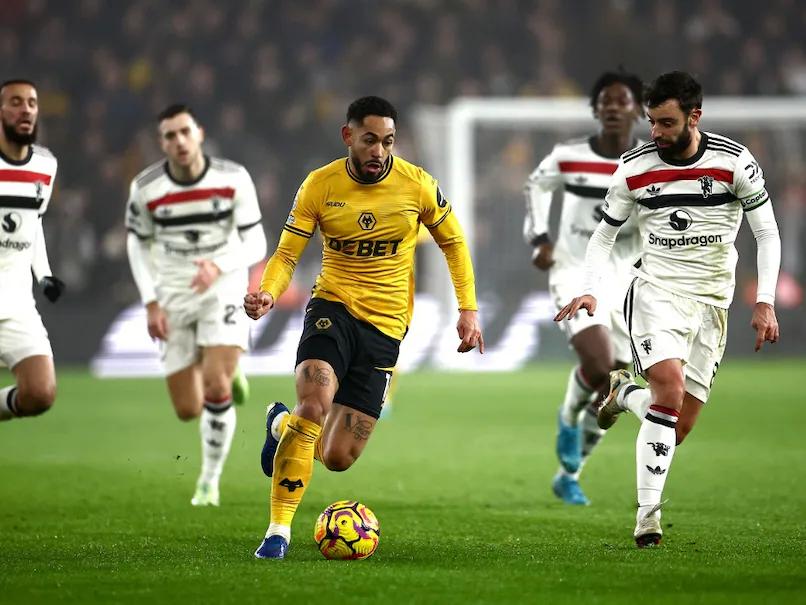
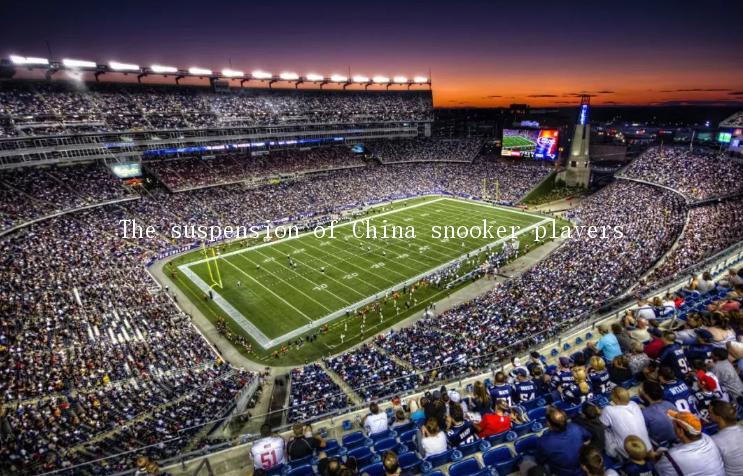
LATEST NEWS

